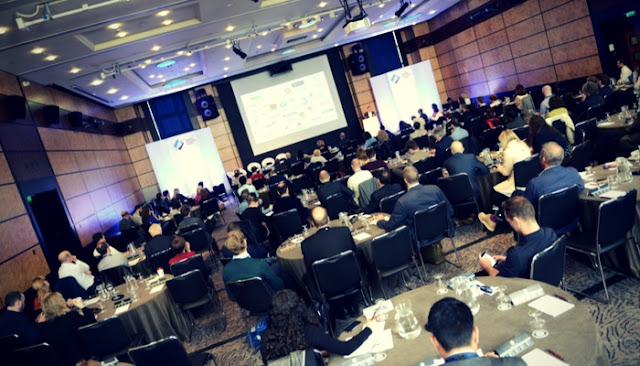When the customer loses her voice
So, McDonald's have become the latest company to withdraw a new ad campaign following a backlash from the general public.
In case you haven’t seen it, the McDonald's ad uses the theme of childhood bereavement in a clumsy attempt to promote their Filet-o-Fish product.
In case you haven’t seen it, the McDonald's ad uses the theme of childhood bereavement in a clumsy attempt to promote their Filet-o-Fish product.
The ad was misjudged at best, cynical at worst and gives the impression of having been created in a corporate vacuum where no-one during its gestation had the nous to say “Are we sure this is a good idea?”.
Advertising like this does not just turn up fully-formed and ready to air.
A lot of people will have been involved in its development over many weeks at McDonald's, at their ad agency and at the film production company.
Approval processes must have been followed along the way.
And unless McDonald's – a family restaurant let’s not forget – had some wider agenda, then it seems bizarre that no-one could have seen the backlash coming and pressed the pause button.
If, for instance, they decided that child bereavement was a cause they wanted to support, linked up with a charity like Grief Encounter and donated profits to fund additional child grief counsellors, then it could have been more palatable. But they didn’t.
This comes soon after Pepsi's high-profile campaign featuring Kendall Jenner and misappropriating the Black Lives Matter movement in an attempt to sell more cola.
Again, it wouldn’t have taken much to foresee the likely reaction to such an approach, but they still pressed ahead with the campaign and seemed surprised and suitably chastened when public criticism led them to withdraw it within a matter of days.
Perhaps we will see more of this happening in the future, given the combination of twitchy companies, worried about their corporate reputations, coming up against empowered consumers armed with the tools to express their outrage.
There is no doubt that social media has made it easier to complain about everything and with companies investing big money in social listening tools, they are going to hear those complaints quickly and want to do something to douse the flames
And sometimes it doesn’t take that many complaints to start the fire.
Interestingly, the UK’s most complained about ads of all time via official channels (ASA) show that the most recent of these was way back in 2010.
But why go through official circles when you can jump on Twitter and express your anger immediately? Social media has changed the game when it comes to complaining.
But at the same time, companies can’t just play it safe and retreat into their shells.
They need to compete in a world of massive oversupply of commercial content where customer attention is an increasingly rare commodity.
In that context, you can understand why companies feel they need to take risks and come out with surprising, impactful campaigns that get noticed and talked about.
So how do you resolve this dilemma?
By involving the customer in the process at an earlier stage would be a good start.
Nowadays we hear more and more about companies being committed to ‘putting the customer at the heart of an organisation.’
But for that to be more than lip service, it requires customer input at critical junctures in the development of new products and campaigns, prior to key decisions being taken.
That means really listening to them and taking their views into account.
It’s not a case of just ticking the ‘research’ box and selectively extracting the relevant survey stats to support a pre-ordained agenda.
It’s more a case of understanding likely issues by listening, interpreting and shaping outcomes to be as relevant as possible to the audience.
(I wonder how much of this sort of listening took place during the development of the McDonald's campaign?).
Armed with that information, it becomes easier to formulate and then stick with decisions, anticipating any likely reactions and becoming more confident that they are on the right path and therefore able to stand up to subsequent social media bullying.
“Ah, but customers don’t know what they want” goes the oft-repeated refrain.
Maybe, but as McDonald's have found out, customers sure know what they don’t want and it can be costly in terms of both money and corporate reputation.



Comments
Post a Comment